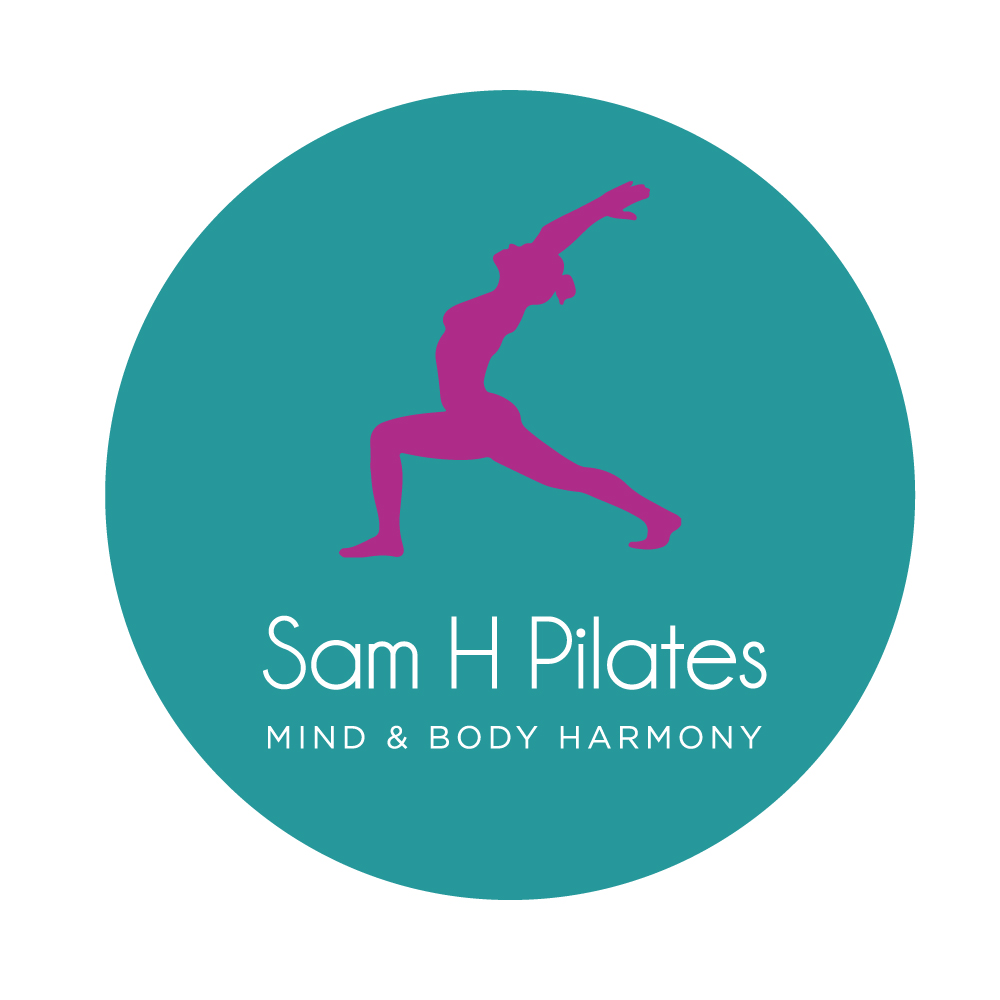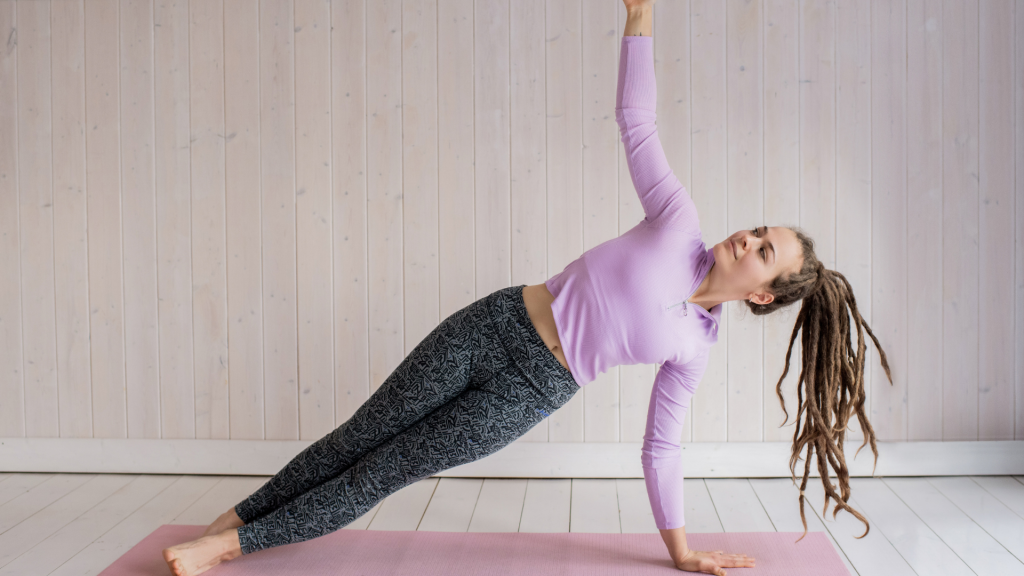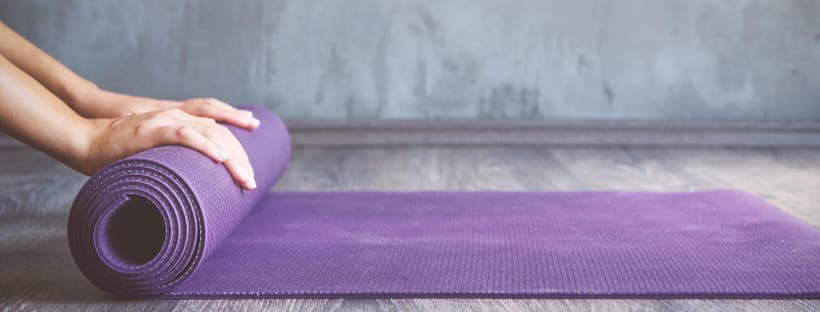Weekly Update
The truth about collagen
If you’ve been anywhere near the health and wellness space lately, you’ve probably heard collagen being talked about like it’s the secret elixir of youth.
From glowing skin to stronger joints and better gut health—collagen seems to be everywhere.
But does it actually work?
And do you really need it?
What is collagen anyway?
Collagen is the most abundant protein in your body.
Think of it as the scaffolding that holds everything together – your skin, bones, muscles, tendons, ligaments, and even the lining of your gut.
There are at least 28 types of collagen, but the big players for women’s health and ageing are:
Type I – skin, bones, tendons, ligaments
Type II – cartilage and joints
Type III – skin, muscles, blood vessels
As we age, particularly after 35, our natural collagen production declines.
By our late 40s, it can drop off dramatically.
Cue: fine lines, stiff joints, slower recovery, and that mysterious creaky feeling when you stand up too fast.
Why supplement?
Here’s the thing – collagen production slows down whether you like it or not.
And while eating a varied, protein-rich diet helps, it’s not always enough.
Studies have shown that hydrolysed collagen peptides (collagen broken down for easier absorption) can:
- Improve skin elasticity and hydration
- Support joint health and reduce discomfort
- Aid in post-exercise recovery
- Possibly improve gut health and hair/nail strength
Is it a miracle cure?
No.
But as part of a consistent wellness routine, it can be a valuable tool.
What type of collagen is best?
Not all collagen is created equal. Here’s a quick guide:
Bovine Collagen
Sourced from cows
Rich in Type I and III
Great for skin, muscles, bones
Choose grass-fed and hormone-free
Marine Collagen
Sourced from fish skin and scales
High in Type I
More bio-available (easily absorbed)
Excellent for skin, but more expensive
Chicken Collagen
Primarily Type II
Best for joints and cartilage
Blends (like those that combine marine and bovine) offer a well-rounded mix for skin, joints, and general wellness.
How to take it
Dose
Aim for 8–10g of collagen peptides per day
Consistency
Take it daily for at least 8–12 weeks to see results
Support
Combine with vitamin C to enhance collagen synthesis
Timing
Morning is popular, but anytime works – coffee, smoothie, or even mixed in warm water
Avoid products with unnecessary sweeteners, fillers, or gimmicky flavours.
Does it actually work?
In short – yes, but with some caveats.
It won’t undo a lifetime of stress, poor sleep, or a heavily processed diet.
But as a supportive daily habit alongside movement, hydration, good food, and rest, it can help you feel and look more resilient.
It’s about supporting your body from within, not chasing quick fixes.
Sam ‘taking mine with milk after a workout’ Hobbs



